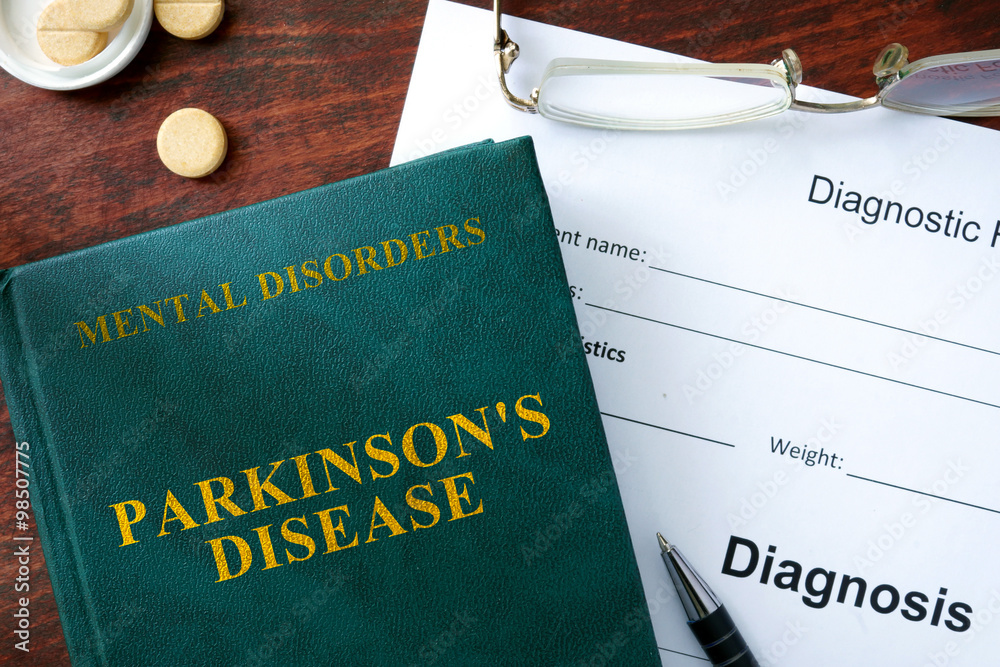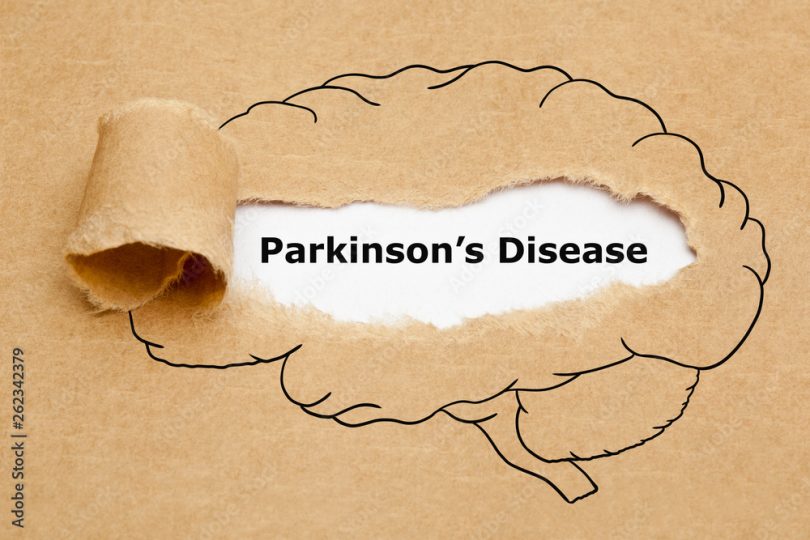Parkinson’s might be something you’ve heard of but don’t know much about. That was how it was for me – until I researched the disease following my mum’s recent diagnosis.
The three most recognised symptoms of Parkinson’s are a tremor (shaking), slowness of movement and rigidity, or muscle stiffness.
Rowan Wathes, Associate Director of the UK Parkinson’s Excellence Network, explains them in more detail:
Tremor
The classic Parkinson’s tremor often starts as a small but uncontrollable movement. It usually first appears in the hand before ‘spreading’ to affect the rest of the arm, or down to the foot on the same side of the body. There are two common types of tremor. A resting tremor happens when someone is still and relaxed, for example when lying in bed. An action tremor happens midway through a task, when someone is trying to hold a magazine or drink from a glass.
Slowness of movement
Slowness of movement has an impact on someone’s coordination. The way they walk can look more like a shuffle and their pace might slow down. Everyday tasks we take for granted, such as paying for shopping at a check-out or opening a packet of food, might take longer.
Rigidity
Rigidity can take many forms. It might mean someone can’t swing their arms when they walk because their muscles are too tight and stiff. Some people with Parkinson’s can struggle to turn around, get out of chairs and even turn over in bed. Simple tasks can become a lot harder, for example fastening buttons, typing or writing. Handwriting may become noticeably ‘spidery’, smaller or difficult to read. Parkinson’s UK has lots of advice and information to help with this.
However, people’s experiences of Parkinson’s can vary and not everyone will experience all of these symptoms all the time. In fact, there are over 40 symptoms ranging from pain to insomnia to anxiety. Here are some lesser known symptoms:
Losing a sense of smell
Some people notice that their sense of smell, especially when it comes to familiar or favourite foods, has disappeared. This can sometimes start years before other symptoms develop, even before diagnosis.

Masking
As Parkinson’s can impact the facial muscles, it might mean someone’s expressions are much less varied, appearing blank or sad. This can happen even if they are actually experiencing a strong emotion. The medical term is hypomimia but medication, as well as speech and language therapy, can help people experiencing this.
Hallucinations
Many people with Parkinson’s say they experience hallucinations at some point. They usually happen as a side effect of medication, but in some cases can be a symptom of Parkinson’s itself, or another condition, such as dementia.
Swallowing
Eating and swallowing can be tricky for people with Parkinson’s. They might cough when eating or drinking or find it difficult to keep food or drink in their mouth. Chewing food can take longer and some people struggle to open their mouth.
Further information about Parkinson’s and advice and support for those living with the condition and their loved ones is available on the Parkinson’s UK website or via their free, confidential helpline on 0808 800 0303.





























Leave a Comment
You must be logged in to post a comment.